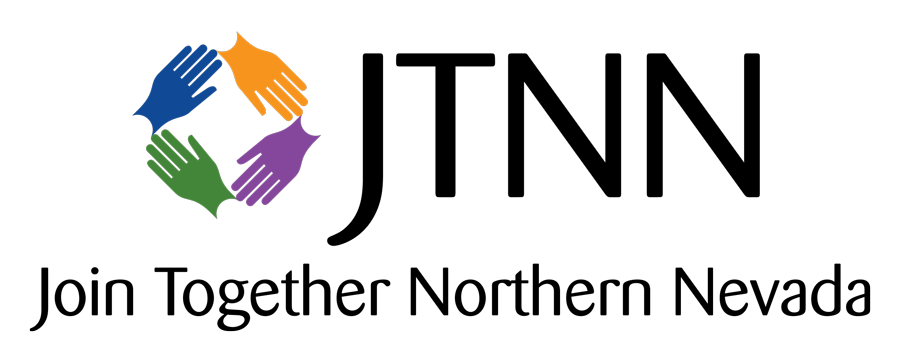What would you say if I told you that 90% of babies with asthma don’t get the medical care that they need? What would you say if I told you that 90% of children with cancer don’t get treated? What would you say if I told you that 90% of women with breast cancer can’t find a doctor to see them until they have progressed to a more serious stage of the disease.
OK, take a deep breath. None of that is true. But what would you say if I told you that 90% of the 23 million people with substance use disorders in America don’t receive treatment? That statistic is true but it may not upset you or make you feel so uncomfortable as untreated babies with breathing problems.
So why do 10% (actually a little less than that) of those with a chemical addiction problem get the help they desperately need? Here are a few thoughts for you to ponder on that one:
- There isn’t enough help to be had. There is not one publicly funded treatment bed for adolescents in Washoe County, Nevada. That’s for starters. Whether you are adolescent or adult, if you were to call around for help in our county or any part of Nevada for that matter, unless you have money down or insurance you will most likely face a wait time to see someone of days or even weeks. The problem is that addiction won’t wait. It continues to progress and untreated alcoholics and drug addicts continue to use.
- Stigma. There is no other disease or health condition that has more stigma than addiction. No one blames a child for having asthma because it’s not their fault but the 28 year old with the methamphetamine problem or the 50 year old alcoholic is seen as weak, lacking will power, and responsible for their condition. I understand that and I understand why many feel that way but it has to be said that addiction is best understood as a chronic, relapsing disease that responds best to treatment. As for responsibility, I not only hold the addicted person responsible to manage their disease I also hold the diabetic to do the same thing. By the way, studies have overwhelmingly shown that addicted people have about the same compliance rate in treatment as those with diabetes, high blood pressure, and asthma have in following medical advice.
- The last reason why so many don’t get the help they need is that most people with addiction problems think they don’t have a problem. In the treatment and recovery field we call this “denial.” Denial isn’t just denying you have a problem, it’s not understanding you have a problem. Remember when you started a diet and then two days later you ate like you weren’t on a diet? What did you tell yourself before you broke that diet? I bet I know. It was something like, “I can eat this…it won’t hurt me…that one candy bar won’t make me gain weight!” That’s denial. It sounds like a lie but for just a minute you BELIEVE that you can do that thing that a minute ago you knew you couldn’t do. That’s what addicted people go through every minute, every day. They can’t connect their problem with their substance use. Hence, they can’t connect the need to get help with a life threatening illness. “I don’t need help,” is often the refrain.
Bottom line is that addicted people need to be informed that they have a problem and they need to be directed to treatment. Then someone needs to advocate for that person to get help. I know, I just said that there’s not enough treatment out there but the effort can be made and treatment can eventually be found. And by the way, who ever said, “They have to want to change in order to get treatment,” is uninformed. But I’ll talk about that another time.
